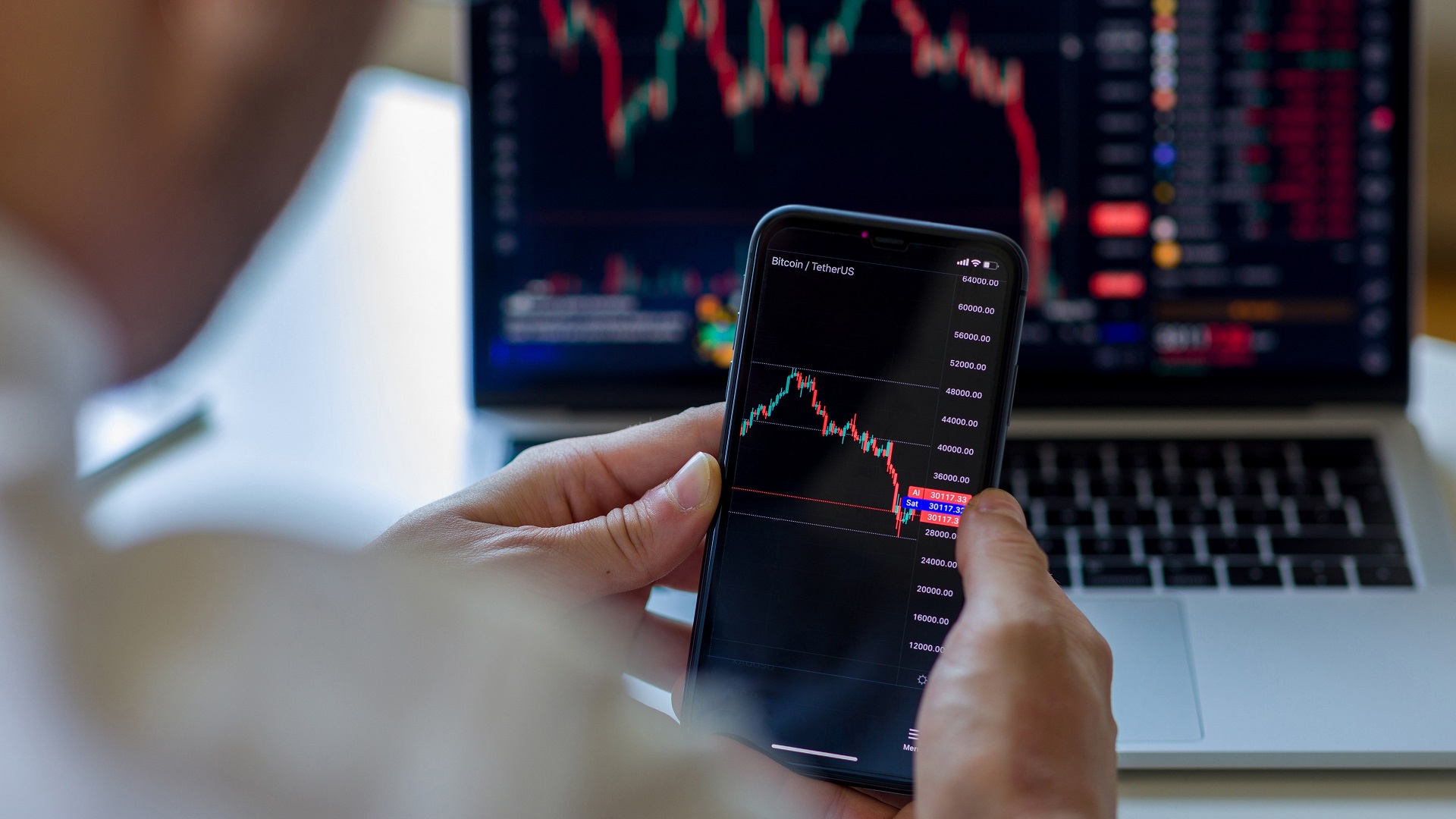
Artificial intelligence (AI) has transformed everything from customer service to research, so naturally, investors are curious whether AI can crack the code on stock market predictions. With ChatGPT’s vast knowledge base and analytical capabilities, GOBankingRates put it to the test by asking what the stock market might look like 100 days from now.
Be Aware: Suze Orman: 3 Biggest Mistakes You Can Make as an Investor
Find Out: 7 Luxury SUVs That Will Become Affordable in 2025
The results were both enlightening and sobering, offering a glimpse into both the potential and limitations of AI-powered market forecasting.
ChatGPT’s 100-Day Market Outlook
When ChatGPT was asked to predict where the stock market would be in roughly 3 1/2 months, the AI chatbot provided a measured response that focused on trends rather than specific price targets. Here’s what it predicted.
Read Next: Making This Common Investing Mistake? Experts Share the Easy (but Urgent) Fix
Overall Market Direction
ChatGPT suggested the S&P 500 would likely continue its upward trajectory, potentially gaining 3% to 7% over the next 100 days, assuming no major economic disruptions. The AI cited historical patterns showing when markets tend to perform well.
Technology Sector Leadership
The chatbot predicted that technology stocks would continue to drive market gains, particularly companies involved in AI, cloud computing and semiconductor manufacturing. It specifically mentioned that AI-related stocks could see continued investor enthusiasm.
Interest Rate Impact
ChatGPT anticipated that Federal Reserve policy decisions would remain a key market driver, predicting two or three rate cuts in 2025 for a target rate of 3.5% to 4% by the end of the year.
The AI suggested that any hints of dovish policy could boost growth stocks significantly.
Volatility Expectations
Rather than smooth sailing, ChatGPT warned of potential volatility windows, particularly around earnings seasons and economic data releases. It suggested that while the overall trend might be positive, investors should expect 5% to 10% pullbacks along the way.
Sector-Specific Predictions
ChatGPT broke down its outlook by major sectors as well.
- Technology: The AI expressed optimism about megacap tech stocks, particularly those with strong AI integration. It suggested companies like Microsoft (MSFT), Google (GOOGL) and Nvidia (NVDA) could continue outperforming.
- Healthcare: ChatGPT predicted steady but unspectacular performance for healthcare stocks, with potential upside from biotech companies developing innovative treatments.
- Energy: The chatbot suggested energy stocks might face headwinds due to renewable energy transitions and potential economic slowdowns affecting oil demand.
- Financials: Banking stocks received mixed predictions, with ChatGPT noting that interest rate cuts could hurt net interest margins but might also reduce loan loss provisions.
The AI’s Confidence Level
Interestingly, ChatGPT was remarkably humble about its predictive abilities. The AI repeatedly emphasized that “It’s so far unable to accurately predict stock prices, much to traders’ dismay” and stressed that its analysis was based on historical patterns and current trends rather than guaranteed outcomes.
The chatbot provided several important caveats:
- Market predictions are inherently uncertain.
- Unexpected geopolitical events could dramatically alter outcomes.
- Individual stock performance can vary widely from sector trends.
- Past performance doesn’t guarantee future results.
Reality Check: Why AI Can’t Replace Human Judgment
While ChatGPT’s analysis was thoughtful and well-reasoned, it highlighted a crucial limitation of AI-powered investing: Markets are driven by more than just data and historical patterns. Human emotions, unexpected news events and complex geopolitical situations can instantly invalidate even the most sophisticated AI predictions.
The idea of using AI to predict stock markets is “as fascinating as it is complex,” with significant benefits and limitations that investors need to understand before relying on AI-generated forecasts.
What Investors Should Actually Do
Rather than banking on ChatGPT’s 100-day prediction (or any prediction, for that matter), consider these evidence-based investment strategies.
- Diversify your portfolio: Spread investments across different asset classes, sectors and geographic regions to reduce risk.
- Dollar-cost average: Invest fixed amounts regularly regardless of market conditions to smooth out volatility over time.
- Focus on fundamentals: Choose companies with strong balance sheets, growing revenues and competitive advantages rather than chasing hot trends.
- Maintain emergency funds: Keep three to six months’ worth of expenses in cash before making aggressive investments.
- Think long term: Historical data shows that markets trend upward over decades, even if short-term movements are unpredictable.
ChatGPT’s 100-day market prediction was thoughtful and grounded in historical analysis, but it came with appropriate warnings about the limitations of market forecasting. The AI’s measured optimism about continued market gains, technology sector leadership and gradual interest rate cuts reflects current market consensus rather than revolutionary insights.
More From GOBankingRates
- 6 Costco Products That Have the Most Customer Complaints
- Mark Cuban Warns of 'Red Rural Recession' -- 4 States That Could Get Hit Hard
- Mark Cuban Tells Americans To Stock Up on Consumables as Trump's Tariffs Hit -- Here's What To Buy
- Are You Rich or Middle Class? 8 Ways To Tell That Go Beyond Your Paycheck
This article originally appeared on GOBankingRates.com: I Asked ChatGPT What the Stock Market Will Look Like in 100 Days — Here’s What It Said







